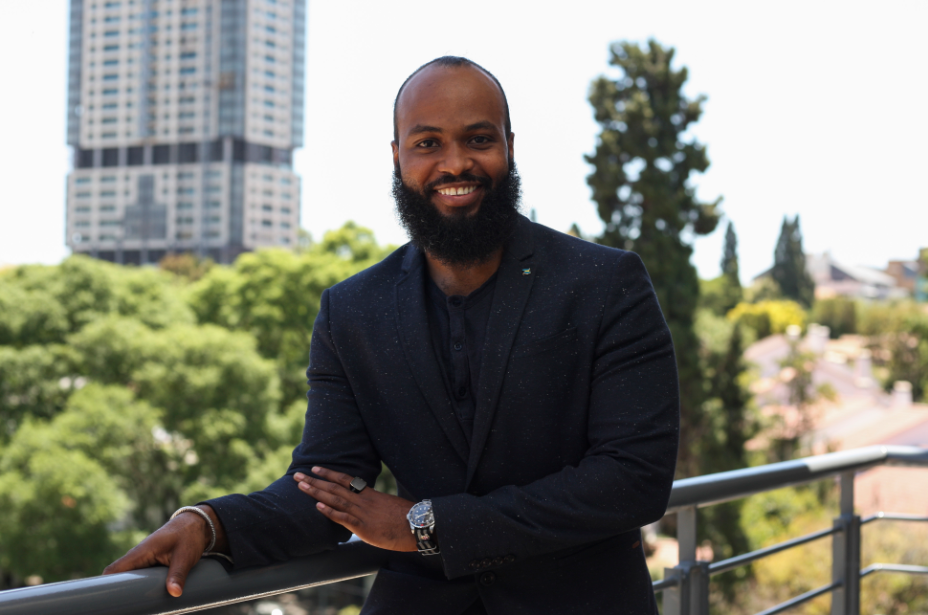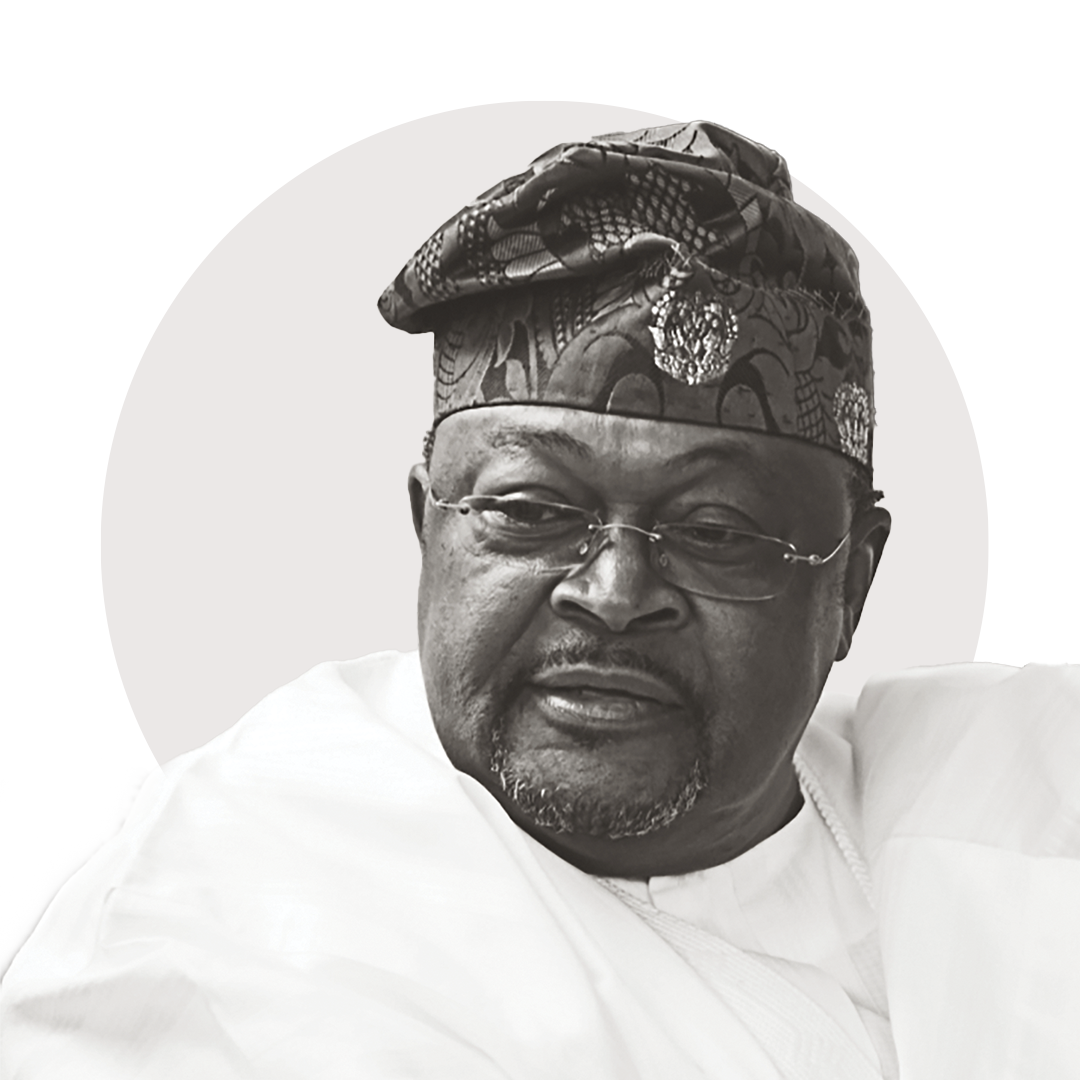From the Caribbean to the South African coast, marine archaeologist Matthew Arnett’s work involves recovering treasures from the deep – and preserving them for posterity.
I have a pet peeve with people like Elon Musk who want to jet off to space,” remarks Matthew Arnett, who has made it his business to explore the depths of the world’s oceans.
“I would think 99% of the sea is left unexplored. I believe there are answers there that come from energy and renewable resources. There is a twilight zone that we don’t even know is there, and they want to go to Mars!”
It is the planet we are in that Arnett, the co-founder and CEO of PO8, has made his priority, uncovering treasures that date as far back as the 1400s.
READ MORE | How Investment in Irrigation Is Paying Off for Ethiopia’s Economy
Loading...
“Millions should be spent under the ocean instead of jetting off to space so quick. There are many aspects of the blue economy that have not been explored and there are so many opportunities that come out of it,” says the explorer who is based in the Caribbean and visiting South Africa.
PO8 is a marine archaeology startup that uses blockchain technology to recover sunken artifacts from the ocean floor.
Using the blockchain model, through PO8, ownership of the recovered treasures and artifacts is with non-fungible tokens, which are asset-backed tokens.
Arnett says the sensitive, more lucrative approach is preserving these artifacts in museums and not giving them away to private collectors.
“They [the artifacts] have to stay in the public domain and that is why there are the museums.”
With innovative ways of looking at the blue economy, the PO8 project, based in the Caribbean, also aims to connect lost histories across the globe.
The growing historical tourism market in the Caribbean generates revenue without selling any of the recovered artifacts, leading to social and economic impact that he says can be duplicated in Africa.
“Because of the success in the Caribbean, it only makes sense to come back to Africa to put the same model in place.
“There are millions and billions of dollars in the ocean,” Arnett says.
“We are going to find other things that relate back to Africa, so we might also be able to find some missing links from an anthropology stand point.”
He believes his work contributes to transforming the narrative of the Caribbean that’s often only known for tourism. “When you look at the Caribbean, it is no longer just sun, sand and sea; there is a tech tsunami that is coming,” he says.
READ MORE | Jeff Bezos And Elon Musk Want To Get To The Moon—They Just Disagree On How To Get There
“I am from an island known for pirates. There is a pirate who was able to withstand the British government for 31 years while the British government controlled other parts of the Bahamas. He used the Bahamas as his treasure chest… and that blood is soaked in the soil; that is out of which I am born. I was raised with these stories of piracy.”
As Arnett taps into new knowledge systems, he believes that there is value in ensuring that all have access to his findings.
“These artifacts are open to anthropologists, archaeologists, or to university programs all over the world to come to the Bahamas and study these objects to draw parallels between other pieces and artifacts that might be similar to them. Essentially, we are telling the story of our past in a way that it can be globally accepted and people can own a part of history.”
Loading...





















